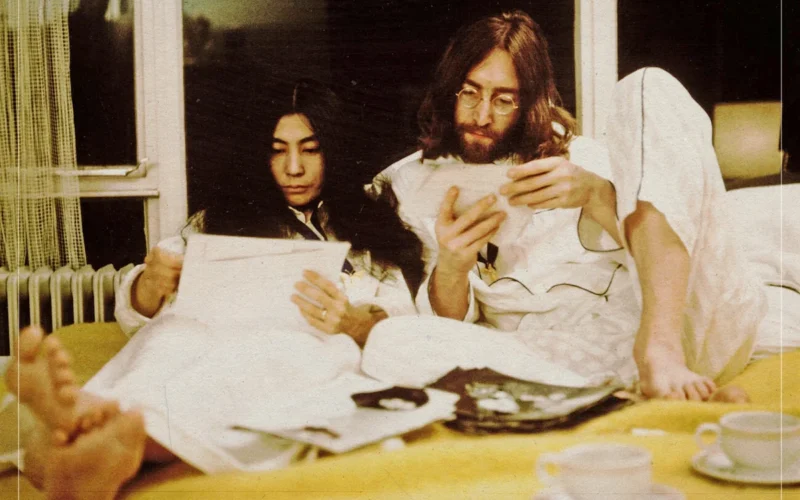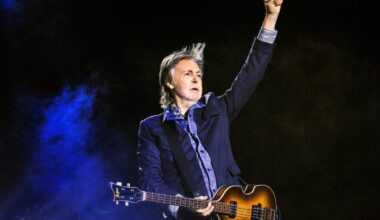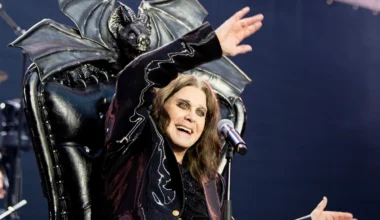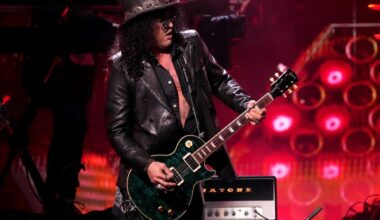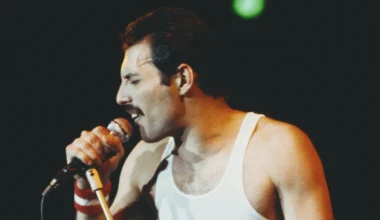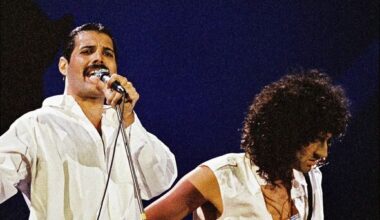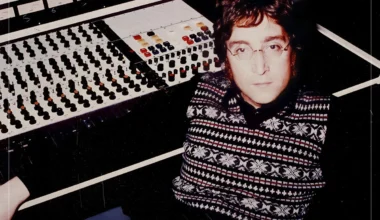John Lennon and the global cause for peace were two things that became inextricably bound to each other over time, particularly in the period of the late 1960s and early ‘70s.
Rock stars everywhere these days seem to feel the need to have some form of political agenda on their radar, but no matter where on the spectrum their views fall, many of the roads of inspiration for this lead back to Lennon, whose spirit for protest within the genre blazed an initial path.
This is all easy enough to state in principle. Lennon was a huge advocate for peace, classed it as a bigger life’s mission than his music, put his life on the line for it, and everyone rides off into the sunset. That’s the narrative they like to feed you, anyway. But for all of his charitable virtues, there’s no denying that peace was also a brand to capitalise upon for Lennon, and his mask as a martyr conveniently covered a selection of much uglier truths.
To be clear, this is not to somehow dismiss the cultural impact that protests like ‘Bed-Ins for Peace’ or his many political songs had, because there’s no way you can deny that this happened, but there doesn’t often seem to be much room for nuance or criticism when discussing these legacies. Is it not just a slight double standard that society celebrates the man as a beacon for peace and solidarity, when it’s well-documented that behind the scenes, he could be violent, fiery, and abusive?
Putting his personal flaws to one side for a second, however, there is also an argument to be made surrounding the reality of the former Beatle’s influence, after stripping away the layers of veneer of ethereality and worship. Lennon may have famously thought he was bigger than Jesus, but really, he was just a musician with no greater ability to influence the politics of the day than anyone else. Sure, his voice was amplified, but he couldn’t play God.
“You may say I’m a dreamer, but I’m not the only one,” Lennon espoused, and he wasn’t wrong in this respect. But while he thought these dreamers were being assembled in every corner of the world, the reach was probably far nearer than you think. The same as any other artist, the singer’s impact only extended as far as his fanbase did – and while people would have you think that this was the entire world, in the grand scheme of things, no one outside of Lennon’s orbit would probably take much notice.
All of this is to say that although he copped a lot of criticism for calling out The Beatles’ hot-air peace efforts, Paul Simon had a salient point when he tried to hold Lennon to account. With specific reference to ‘Power to the People’, which he called a “condescending record”, Simon questioned: “Like all of these cliché phrases. They’re dangerous. What does that mean – ‘Power to the People’? And who is he saying it to? Is he saying it to people who have any idea what it means?”
As such, you could question whether Lennon actually was changing the world or just sending a message into his own little microcosm, only to be lapped up by those already inured by his spirit and brand. Of course, he is far from the only musician to have ever been sucked into this, but when standing as one of the most prominent examples of musical protest to this day, it’s about time the balance of Lennon’s reach was readdressed.
So, did Lennon create an impact? Yes. Did he genuinely believe in the cause? Undeniably? But did he fully change the axis of world politics and global approaches to conflict? It’s unlikely. You are free to celebrate his sentiments all you like, but let’s not get things twisted – John Lennon was not Jesus, and he was no angelic martyr for peace. End of story.
